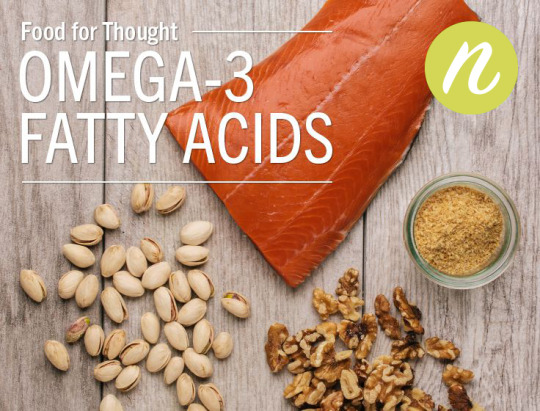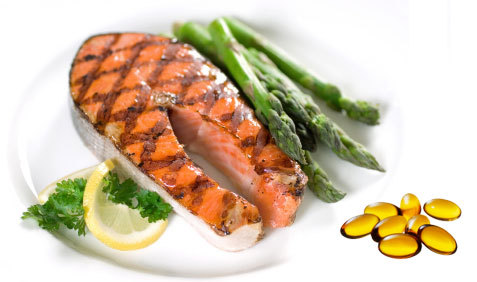
Janice Cox, RDN, LD, Lunds and Byerly’s Registered Dietitian/Nutritionist, shares the facts on Omega-3 fatty acids and why they are essential to our health.
Did you know: an adult’s heart weighs about 10 ounces, beats about 104,000 times per day and pumps 2,000 gallons of blood daily.
We know what our hearts have done for us lately, but what do we do for it?
There are many ways to care for our hearts, like watching our cholesterol and blood pressure, getting regular exercise, not smoking, maintaining a healthy weight and limiting saturated fats in our diets.
Another important thing to do is to be sure to get enough Omega-3 fatty acids. Omega-3s are called essential fatty acids because our body can’t make them from scratch on our own, so we need to look to our diet or supplements.
What do Omega-3 fatty acids do for us?
• Maintain a healthy heart and circulatory system
• Support joint flexibility and movement
• Maintain healthy immune function
Additionally, research has shown that they may also decrease the risk of abnormal heartbeats, decrease triglyceride levels and slow growth rate of plaque.
The most beneficial components of Omega-3s are EPA and DHA. So how do we get them in our diets? Eat fish that are good sources, like herring, mackerel, salmon, sardines, lake trout, fresh tuna halibut, shrimp, lake trout and anchovies.

The American Heart Association recommends two 3.5 oz. servings of these fish per week. Enjoy fish baked, broiled, poached or grilled. Avoid deep fried fish. Add flavor to your fish by trying our popular Lunds & Byerlys Gone Fishin’ seasoning – a blend of citrus, herbs and spices, with the bonus of being salt free!
Walnuts, canola oil, soybean oil and ground flaxseed supply an Omega-3 called ALA. Plant or nut based ALA Omega-3 is slightly different from EPA and DHA Omega-3 from fish. Some of the ALA Omega-3s are converted to EPA and DHA, but at a very low rate. Most studies show that heart health benefits from EPA and DHA Omega-3s from fish sources.
If you take a supplement to get your Omega-3s, look for supplements that contain EPA and DHA. The American Heart Association recommends that if you take more than 3 grams of Omega-3 fatty acids by capsule per day, you should do so under your physician’s care.
A common complaint about fish oil capsules is that there is burping or bad taste. Make sure your supplement is fresh! Also, if you haven’t had fish oil for a long time, it may take a week or so for your body to adjust to digesting this fat source. Take the supplement with fat containing foods to help with digestion.





